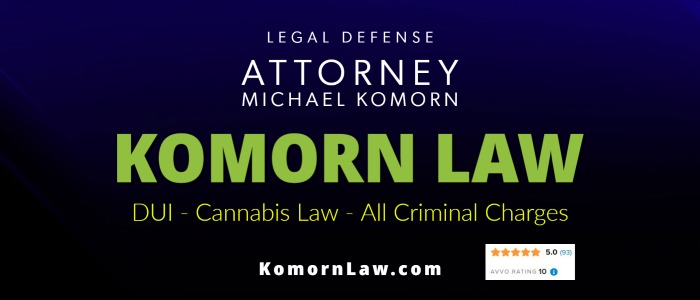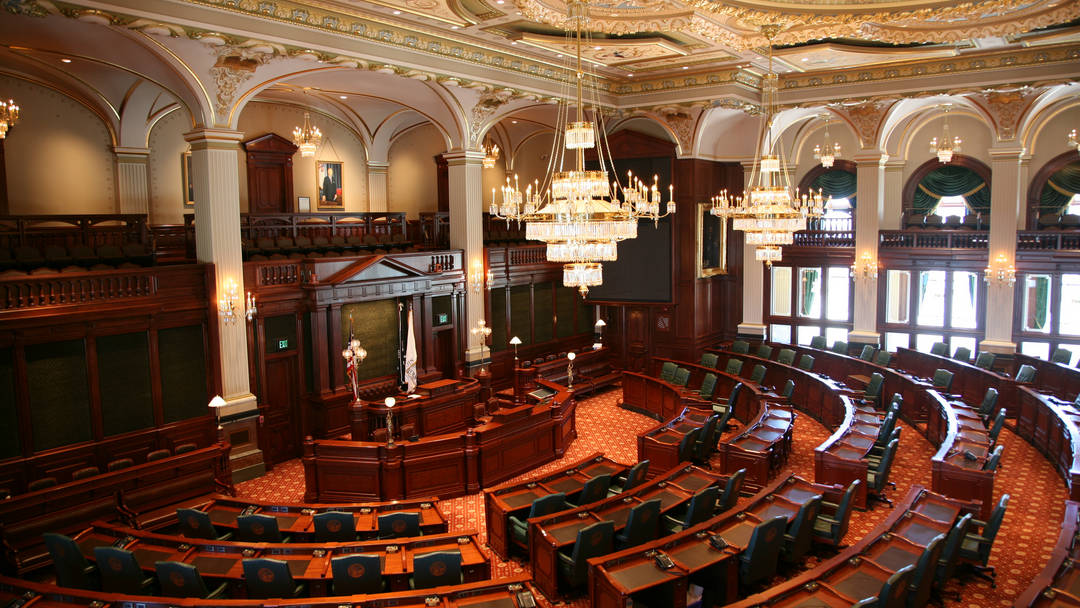Illinois House approves recreational marijuana bill; Pritzker expected to sign
SPRINGFIELD, Ill. (FOX 32/AP) – The Illinois House voted Friday — 66 to 47 — to approve a bill that would legalize recreational marijuana across the state.
The bill, which would go into effect Jan. 1, 2020, is heading to Gov. J.B. Pritzker’s desk. He’s expected to sign the measure into law. During his gubernatorial campaign, Pritzker said he would move to sign a legalization bill “nearly right away.”
Pritzker can legalize recreational marijuana simply by signing legislation passed by lawmakers in the general assembly. Illinois residents do not have to vote to approve the measure.
The bill would allow Illinois residents over 21 years old to purchase and possess 30 grams of marijuana, 5 grams of cannabis concentrate along as edibles and cannabis-infused products with no more than 500 milligrams of THC. Out-of-state visitors would be able to purchase half of those amounts.
Medical marijuana patients would be able to grow five plants per household.
When the bill is signed into law, Illinois will become the 11th state in the nation to legalize recreational pot.
The marijuana bill also became a social justice initiative as black lawmakers and activists stepped in to see that legalization reversed decades of inordinate treatment of minorities in narcotics crackdowns. The legislation provides for scrubbing of past low-level criminal convictions and boosts minority involvement in a nascent industry.
“It is time to hit the ‘reset’ button on the War on Drugs,” the proposal’s sponsor, Chicago Democratic Rep. Kelly Cassidy, said. “We have an opportunity today to set the gold standard for a regulated market that centers on equity and repair.”
“I definitely want to look at all those arrest records. If we’re going to legalize recreational marijuana, then we shouldn’t have all the, what I think are, challenges in our criminal justice system, you know, still existing, people sitting in prison for things that are currently legal,” Pritzker told FOX 32 shortly after being elected.
Pritzker called for legalization in his campaign for governor, arguing for its tax-revenue potential and for freeing police to enforce more serious crimes. He claimed there would be $170 million in licensing fees in the first year and a fully established industry could produce up to $1 billion annually in state tax revenue. But Cassidy said Friday the first year’s take would be $58 million and the state could expect $500 million in five years.
The vote came on the last day of the General Assembly’s spring session, which got extended in part because of the 3 ½-hour marijuana debate. House leaders, noting the “volume of workload,” announced that session would continue at least through Sunday. The Senate had not announced schedule changes.
Legislation after May 31 requires three-fifths majority approval. But Democrats hold supermajorities in both chambers of the General Assembly, allowing Pritzker to take office in January with an expansive agenda following four years of stalemate between legislative leaders and Pritzker’s vanquished predecessor, Republican Bruce Rauner.
The marijuana measure allows the governor to pardon anyone with records of convictions for possession of 30 grams or less. It eases record-clearing for possession up to one pound (500 grams) and some intent-to-deliver convictions. Minority-owned businesses would be given advantages in bidding for lucrative state licenses and offered low-interest loans to compete.
“The state of Illinois just made history, legalizing adult-use cannabis with the most equity-centric approach in the nation. This will have a transformational impact on our state, creating opportunity in the communities that need it most and giving so many a second chance. I applaud bipartisan members of the General Assembly for their vote on this legislation and I especially want to thank the sponsors Senator Steans and Representative Cassidy, as well as Senator Hutchinson, Senator Aquino, Leader Gordon-Booth, Representative Villanueva, the Black and Latino Caucuses, and Senator Barickman and Representative Welter for their tremendous work to make legalization a reality. In the interest of equity and criminal justice reform, I look forward to signing this monumental legislation,” Gov. Pritzker said in a statement.
Both sides in the debate traded summaries of studies that differ on the impact of using the psychoactive drug, with opponents claiming it’s a gateway to stronger drugs and that it can have ill effects, including producing psychosis.
“No matter how you package this, whether it’s revenue, or it’s criminal justice reform, or it’s just saying that people are smoking it anyway, so just give up, I can pretty much guarantee you where we’re going to be in 10 years … and it’s not going to be good,” said Democratic Rep. Anthony DeLuca of Chicago Heights.
He then produced an egg and cracked it into a frying pan, recreating a famous 1980s public service announcement which suggested the frying egg represents “your brain on drugs.”
Originally intending to let anyone grow five marijuana plants at home for personal consumption, law enforcement opposition prompted Cassidy to restrict the five-plant home-grow limit only to qualified medical-marijuana patients.
Private property owners could restrict use. Landlords could ban marijuana on their property. And employers would still be allowed to maintain “zero tolerance” policies toward marijuana use and the workplace.
Arrested for or Charged with DUI or DRUGGED DRIVING?
Contact Komorn Law 800-656-3557 or Visit the Komorn Law website









